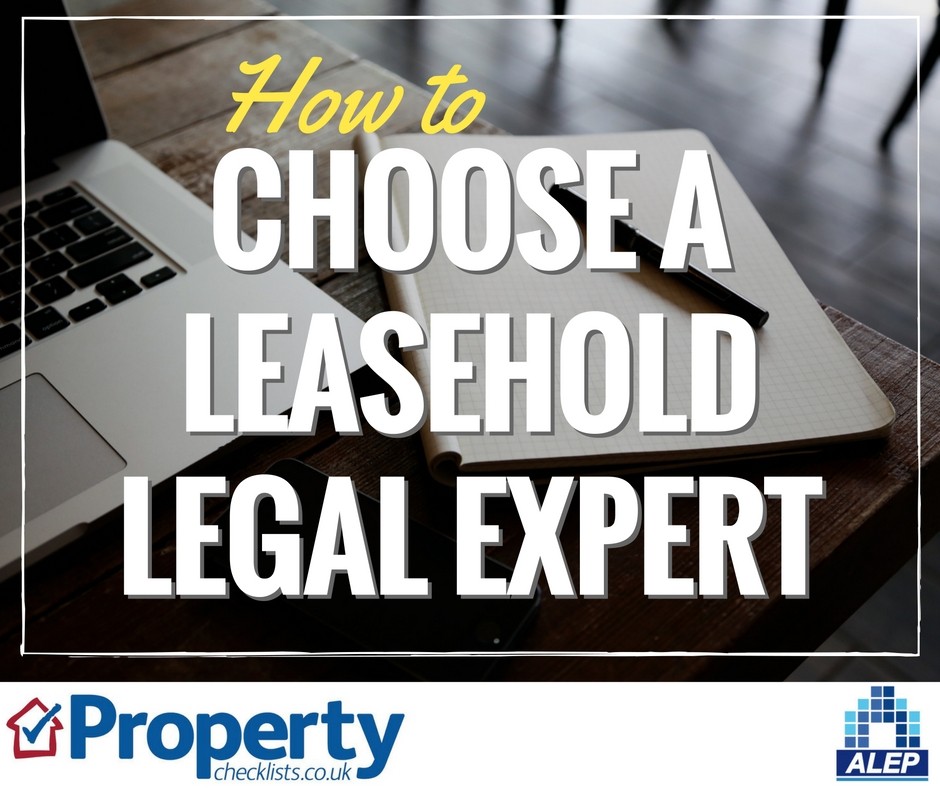
In this article, Henrietta Hammonds member of ALEP’s Advisory Committee and Partner at member firm Beckett and Kay considers the importance of valuation in relation to the enfranchisement of leasehold properties.
If you’ve decided to extend the lease on your existing flat or a property you are buying, you’re considering buying the freehold of your leasehold house, or you’re clubbing together with your neighbours to buy the freehold of your block (known as “collective enfranchisement”), you will need to obtain a professional valuation.
Estate agents are sometimes able to give a ballpark figure for such enterprises and these are often used to decide whether it may be worth pursuing. However, they should be no more than just a rough idea. Valuation for enfranchisement purposes is often considered a “dark art” – there are relatively few valuers that do this type of work and, even though it may cost a little extra, it is always worth seeking out specialist advice.
For lease extension or collective enfranchisement, the premium you pay to the landlord is to compensate them for the loss of value in their interest caused by you exercising your statutory rights. The valuation is generally formed of three basic elements:
How will valuations be affected by the latest Government announcements?’ – click here to find out more.
I say “generally” above because there are exceptions. If you are valuing a leasehold house, there are statutory tests that determine how the property should be valued. If it is deemed to be a “low value house” the valuation process can be different. In a collective enfranchisement, the three elements above form the basis of valuation for each flat in the building, but you are not just purchasing the freehold to the flats.
Even within these three basic elements, there is huge scope for debate. What capitalisation rate should be used for the time value of money? What is the value of the freehold of the property or the value of a long lease? How should the existing short lease be valued? Valuers with experience in this field will be familiar with the swathes of case law that go some way to answering these questions, and will be able to guide you on the likely outcome.
There are other issues that also may need to considered:
Specialist legal advice is crucial too, especially where a notice for lease extension is to be served and then assigned as part of a sale. If there is an error in the notice and the sale of the flat has already taken place, the new leaseholder will be forced to wait two years before they are able to serve another notice. This could be a very costly mistake, especially where a lease is close to the crucial 80-year mark.
Somewhat unbelievably, there are hundreds of cases (even as high up as the Supreme Court) determining the definition of a “house” or “flat”. Even if you think you live in a leasehold house, you may find that the statutory definition means it is a “flat”. The basis of valuation and the Act under which your notice is served is different for a “flat” or a “house”. An error could lead to an invalid notice or a huge over- or under-valuation.
Your valuer and your solicitor will work together through these issues, but you should put together a specialist team from the outset to ensure you don’t fall into one of the many traps.
| Choose an expert to value your lease extension - ALEP |
Advantages of a new build - Barratt London |
How to choose a leasehold legal expert - ALEP |
 |
 |
 |